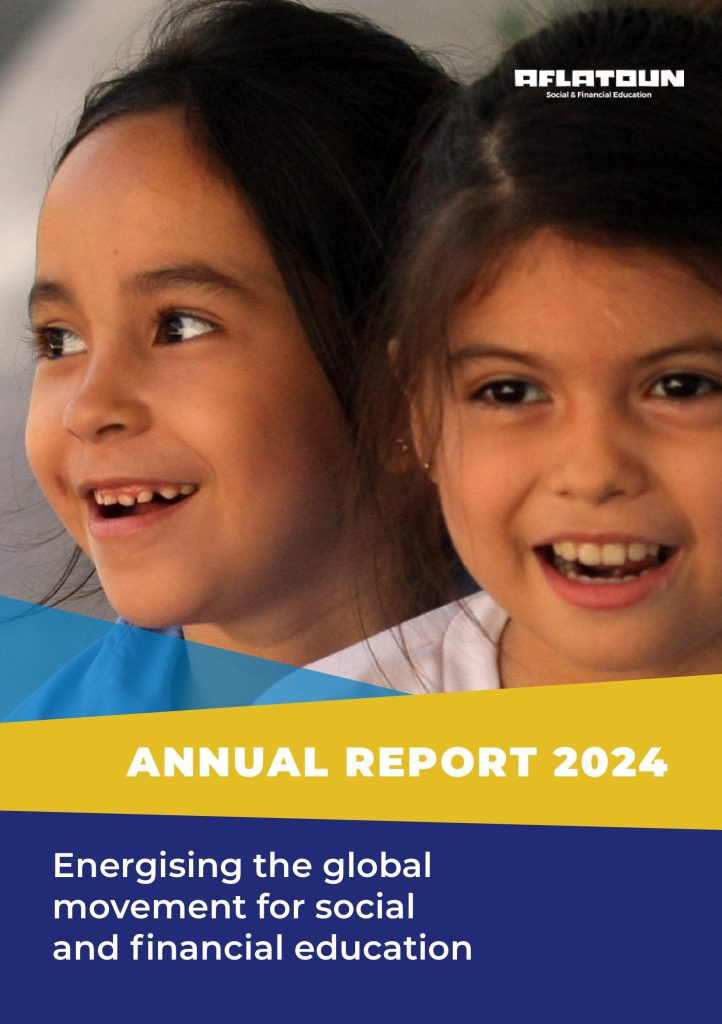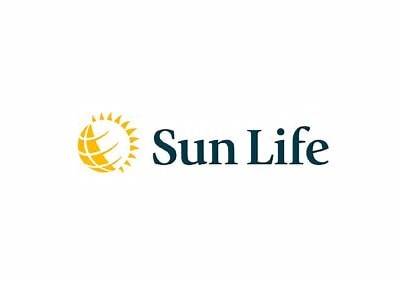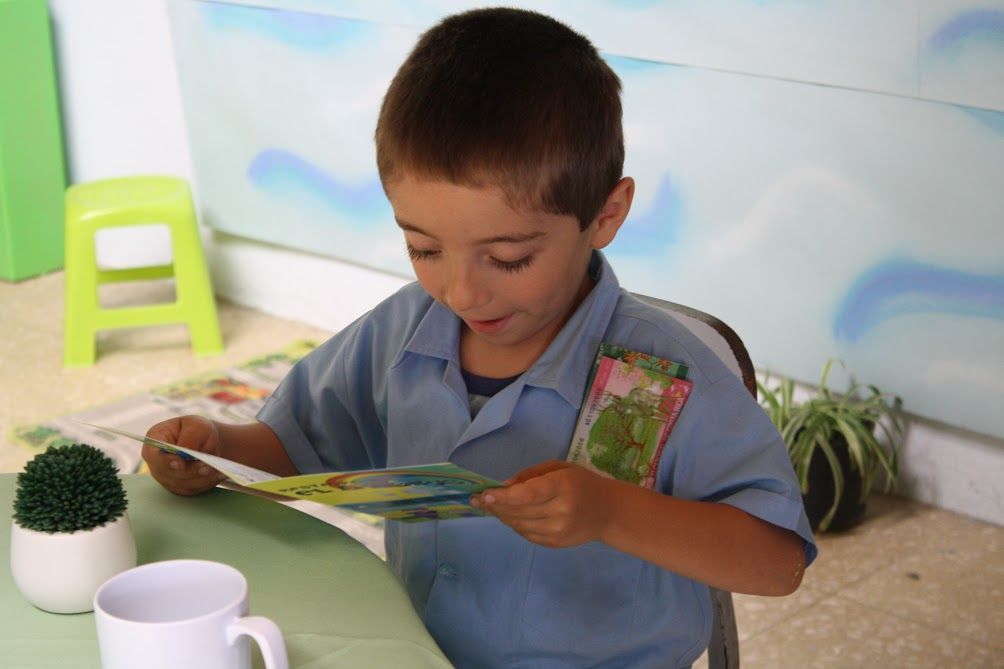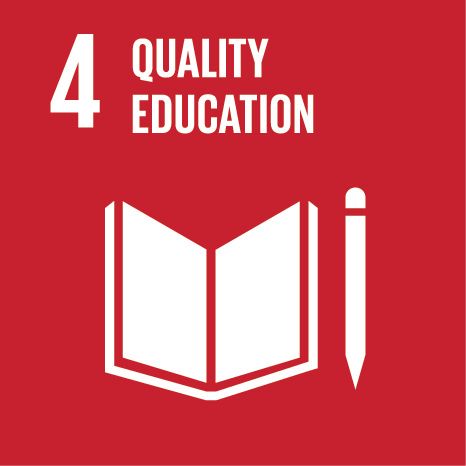We believe that the quality of results is depending on the quality of educ
Children gather the building blocks of social and financial literacy even before they get to primary school. Much of what they know about planning, budgeting, saving, spending and using resources is based on their daily routine. Even before monetary concepts are learned, simple concepts such as making full use of available resources, i.e. ‘finishing one’s food’ or ‘buying only necessities’, are some of the daily realities that young children are exposed to that already relate to financial education.
Preschool children are also developing time preferences, when they understand that there are times when it is better to wait for something rather than to have it now. Children as young as three years of age are exposed to the social values of giving and sharing, not just with gifts or tangible materials, but also with interaction with others. Other important life skills that are embedded in Aflatot include taking turns, making decisions, and setting goals.
ation. Therefore, teachers need to be trained to the desired level in order to facilitate student learning using creative, child-centred methods. To this end, we provide intensive training of teachers and employ a training of trainers and master-trainers model, which allows our partners to implement quality training workshops for teachers who are new to the programme as required.
Children and young people learn that the power to change their situation and the world is within themselves. They can reach their goal by believing in themselves and they can make a choice to reach their dreams.
Our programmes are based on an effective combination of financial and social skills. Independent research has shown that our curricula are highly effective, significantly more than other programmes to influence financial savings attitudes and behaviour.

















